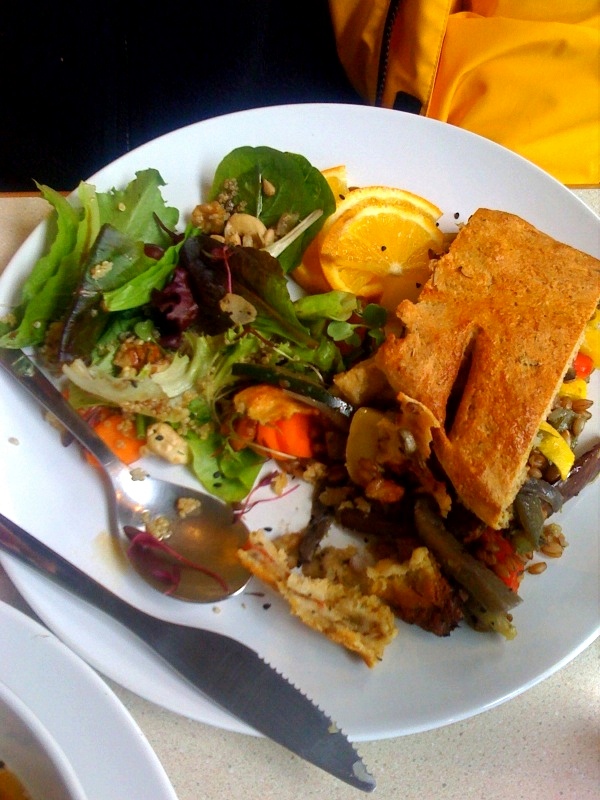
Eddie Lama is a hip, charismatic, street-smart Brooklynite who owns a small construction company. He admits that he reached adulthood without any "animal consciousness"—he had never had pets and just considered animals to be dirty, troublesome, and a world apart from him. Until a kitten changed his life.
The Witness is an award-winning 2009 documentary ("Winner/Best" awards at 10 different film festivals) about the transformation of Eddie Lama. The last guy in the world you would think would develop a heart for animals did—especially animals raised for the fur trade. He devised a unique way to take his message to the streets of Brooklyn, showing film footage of animal abuse to NYC passersby—with amazing results.
This is a powerful and well-made documentary. Lama is honest, transparent, and funny—the kind of guy everybody would love to have as a friend. It's powerful for two reasons: First, it shows the impact any one person can have in trying to fix a broken part of our culture, and second, it dramatically illustrates how unaware the average person on the street is concerning the abuse of animals. When passersby in NYC stop out of curiosity to watch the video Lama is showing, the looks on their faces speak volumes—they had no idea something so barbaric happens every day in America.
I was especially touched by his telling of his awakening to the fact that animals are "beings." In simple, touching, but articulate terms he recounts his discovery of the disconnect between eating some animals and not eating others. We eat chickens but not kittens, and this made no sense to him—so he stopped. Other than the weak defense of "wild" versus "domestic" (all animals were once "wild," so there's nothing natural about domestication), I've never come across a good explanation of who decides which animals are acceptable as food and which aren't. Eddie and I came to the same conclusion, I guess, and both stopped eating them. For a street-smart Brooklyn guy, he has a tender spirit, and I've never heard a better story of how anyone has yielded him or herself to what is obvious and logical without creating cultural or disconnected defenses to preserve the status quo.
I hope you'll take time to watch this movie—it's available in its entirety online here. (Word of caution: The movie is streamed from Vimeo which, imho, always produces very unsatisfactory results. However, if you do this, the movie will play fine: Click on "Play," then click the "Pause" button until the entire movie downloads. Then come back and watch the movie and it plays fine. Maybe it's just me, but Vimeo video streams are always very "jerky" if you try to watch them while they're downloading. So wait 'til the movie downloads completely before watching it and you should be fine.)
(The image above is used without permission from the web site of Tribe of Heart, the production company that produced the film.)







